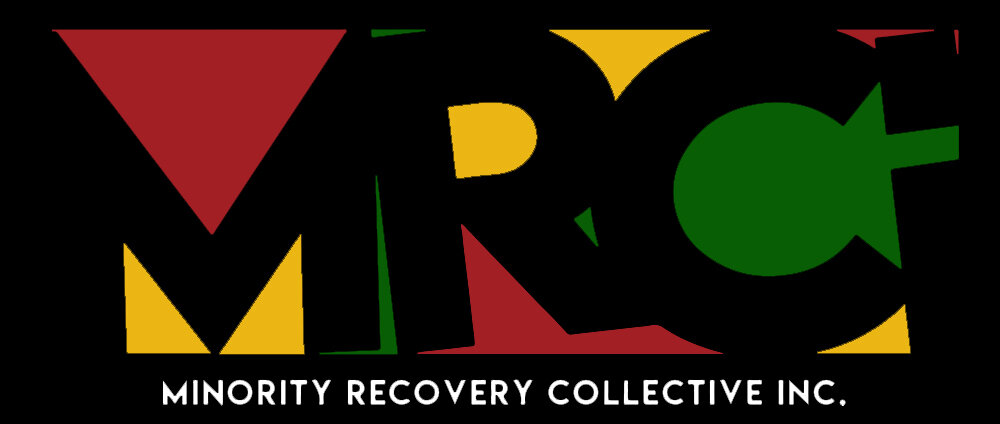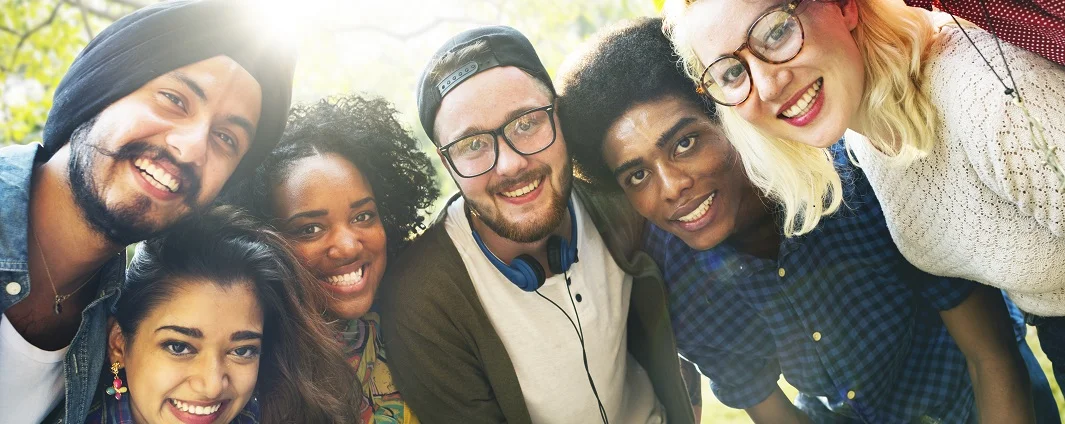Data on this page was retrieved from 2019 National Survey on Drug Use and Health, 2020 Indiana Youth Survey, National Alliance on Mental Illness, Mental Health America, SAVI, and Substance Misuse in Indiana 2020
The Minority
Addiction, mental illness, and trauma are not selective. Communities of color tend to experience a greater burden of mental and substance use disorders often due to poorer access to care; inappropriate care; and higher systemic, environmental, and economic risk factors.
While we are an inclusive organization, we take great care in focusing our efforts among youth, young adults, and communities of color and other under-served groups (i.e. African/African-American/Black, Hispanic/Latina/Latino, Native/Indigenous/Pacific Islander, & LGBTQ+).
While no one can deny the efforts already in progress, we pride ourselves on focusing our efforts in communities of color and other under-served groups. The experiences of said groups are often riddled with cyclical and/or systemic oppression and trauma, that is overlooked and labeled as simply “a part of life.”
Here at MRCI, we understand the importance of cultural competence and relevance.
*We do not and will not discriminate against anyone coming to us for assistance.
Mental Illness & Substance Use Disorders
Prevalance of Any Mental Illness
Prevalence of Substance Use Disorder
LGBTQ+
Research suggests that people who identify as LGBTQ+ are at greater risk of developing mental health and substance use issues, than those who identify as heterosexual. While society has made great strides to be more inclusive, there’s still work to be done. At MRCI, we aim to create safe spaces for LGBTQ + individuals & their families.
If you or your organization would like to help us in our efforts, click here.
Mental Illness & SUD, LGBTQ+
YOUTH
Studies show that youth who use substances to cope also experience higher rates of physical and mental illnesses, diminished overall health and well-being, and potential progression to addiction. At MRCI, we work directly with youth to create programs and experiences to educate youth on healthier coping strategies while providing opportunities for fun, growth and employment.
If you or your organization would like to help us in our efforts, click here.
Are you between the ages of 12-24 and want to make a positive impact on your community?
Complete this survey and learn more about How you can help create more youth-centered experiences & programs at MRCI.
Coming soon…
the antidotes: Legacies of Mercy.
All data on this page was retrieved from 2019 National Survey on Drug Use and Health, 2020 Indiana Youth Survey, National Alliance on Mental Illness, Mental Health America, SAVI, and Substance Misuse in Indiana 2020



